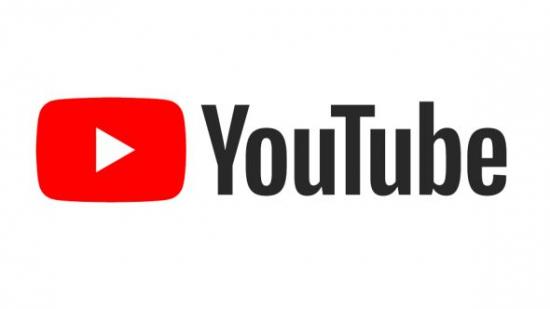Without mentioning him by name, YouTube announced new policies in the wake of Logan Paul’s latest headline-grabbing vlog.
Check out our how-to guide on getting set up for streaming with OBS Studio.
In a blog posted Friday, YouTube’s vice president of product management Ariel Bardin said the company was tightening rules for creators and introducing new consequences for when those rules are broken in ways that can harm the community.
Logan Paul, one of YouTube’s highest-earning creators, has courted controversy in recent months. He faced a massive backlash after posting footage New Year’s eve of the body of a man who had apparently committed suicide in Japan’s Aokigahara forest, and wound up publicly apologizing and taking several weeks off from his daily vlogging. Paul returned to YouTube January 24 with a slickly-produced suicide prevention PSA titled “Be Here Tomorrow.”
Then on February 5, he uploaded a video that shows him using a taser to shock dead rats and “performing CPR” on a struggling fish. YouTube responded by pulling ads from his channel.
YouTube say the new policies are meant to curb what they call “egregious” behavior that can harm the platform’s creator and advertiser communities.
“When one creator does something particularly blatant – like conducts a heinous prank where people are traumatized, promotes violence or hate toward a group, demonstrates cruelty, or sensationalizes the pain of others in an attempt to gain views or subscribers – it can cause lasting damage to the community, including viewers, creators and the outside world,” Bardin wrote.
Creators who violate community guidelines will now face loss of ad revenue from participation in YouTube’s premium monetization and promotional programs, and could additionally be terminated from the partner program.
“In the past, we felt our responses to some of these situations were slow and didn’t always address our broader community’s concerns,” Bardin said. “Our ultimate goal here is to streamline our response so we can make better, faster decisions and communicate them clearly.”
